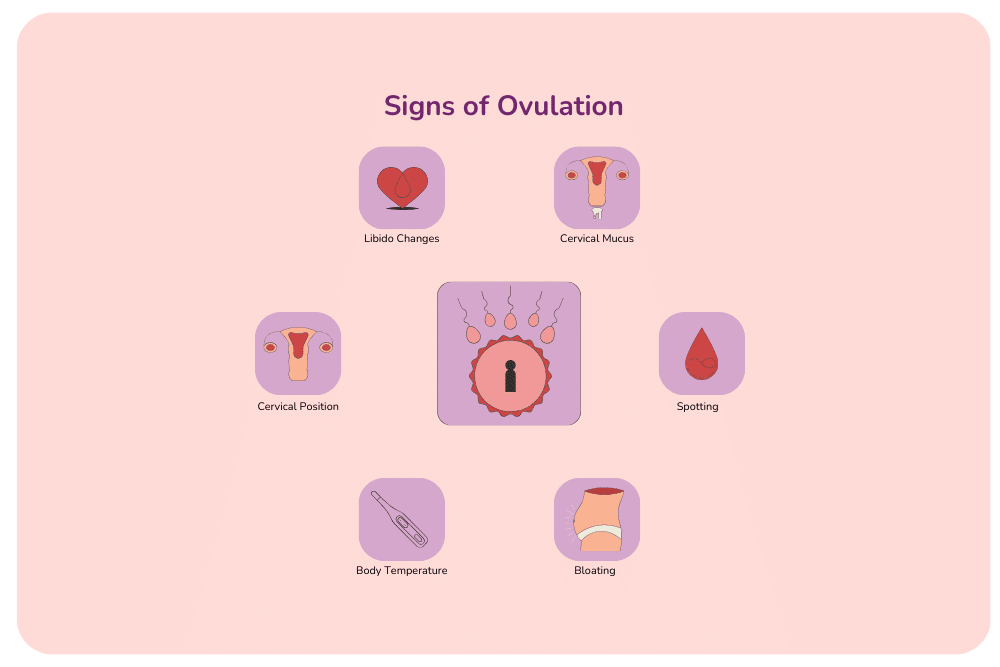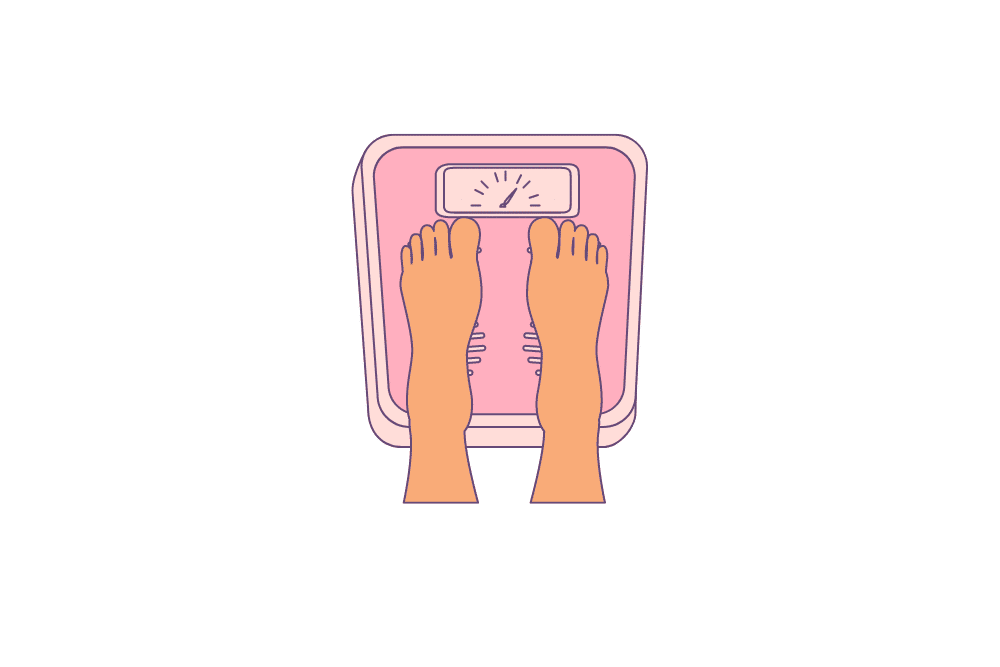Depression goes far beyond having the occasional bad day. Complicated by factors related to puberty, menstruation, fertility, social pressures, and the female physiological response to stress, depression is a mental health condition that can impact many aspects of a woman’s life, including physical health, emotional wellbeing, relationships, career, social life, sex and sense of self-worth. Since studies suggest that women are almost twice as likely to suffer from symptoms of depression in comparison to men, it’s important to understand the signs of depression in women. That way, you can look out for yourself and other queens in your network.
But first, what causes depression in women?
It seems unfair that as a woman you’re predetermined to lie in a higher risk bracket for depression. Some of the reasons women are more likely to experience depression include:
Premenstrual issues: Before the menstrual cycle, hormonal fluctuations can cause symptoms of premenstrual syndrome (PMS), like bloating, cramps, fatigue, and irritability. For many women, symptoms of PMS become so severe that they’re diagnosed with premenstrual dysphoric disorder (PMDD). Think of PMDD as PMS on steroids. PMDD can begin 10-14 days prior to your period and involve severe depression, irritability, and other mood disturbances.
Pregnancy: Pregnancy is another condition that relies heavily on hormonal changes within the female body. Some of these changes can contribute towards the development of depression, especially for high-risk women. Women can also experience depression because of unintended pregnancy and miscarriage.
Postpartum depression: A common side effect of pregnancy is when mothers experience the post baby blues. Postpartum depression is a common form of depression in women that’s influenced by hormones and generally disappears within a few weeks.
Menopause and perimenopause: Dramatic hormonal fluctuations that occur during the transitional phase of perimenopause may increase the risk of depression in women. Then, due to a significant reduction in estrogen levels during menopause, depression becomes a condition for menopausal women to look out for.
The female physiological response to stress: Women are more predisposed to producing stress hormones than men. And when a woman experiences a stressful event, her progesterone prevents the stress hormone system from switching itself off as it would for a man. This increases the risk of women developing depression because of stress.
Medications: Birth control medications and hormone replacement therapy can both increase the risk of depression in women.
When we remove gender specificity, common causes of depression also include:
- Loneliness and isolation
- Early childhood trauma or abuse
- Family history of depression
- Eating disorders
- Alcohol or drug abuse
- Relationship problems
- Ongoing financial problems
- Death of a loved one
What are the signs of depression in women to look out for?
Symptoms of depression in women can vary from mild to severe and include:
- Ongoing feelings of sadness
- Feelings of helplessness or hopelessness
- Feelings of fatigue or lethargy
- Trouble maintaining focus or making decisions
- Significant weight loss or weight gain
- Loss of interest in things that once brought joy
- Changes in sleep patterns
- Suicidal thoughts
Remember, don’t go it alone. Please reach out for help.
Lifeline: 13 11 14 or lifeline.org.au
Beyond Blue: 1300 22 4636 or beyondblue.org.au
Kids Helpline: 1800 55 1800 or kidshelpline.com.au
Headspace: 1800 650 890 or headspace.org.au
Are you anxious? Take the Beyond Blue quiz to see how you’re tracking and whether you could benefit from support
This guide is designed to be informative and educational. It is not intended to provide specific medical advice or replace advice from your medical practitioner.
References:
- https://www.nimh.nih.gov/health/publications/depression-in-women
- https://www.healthdirect.gov.au/depression-in-women





